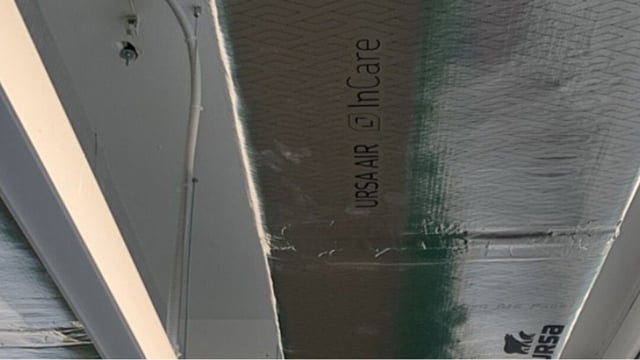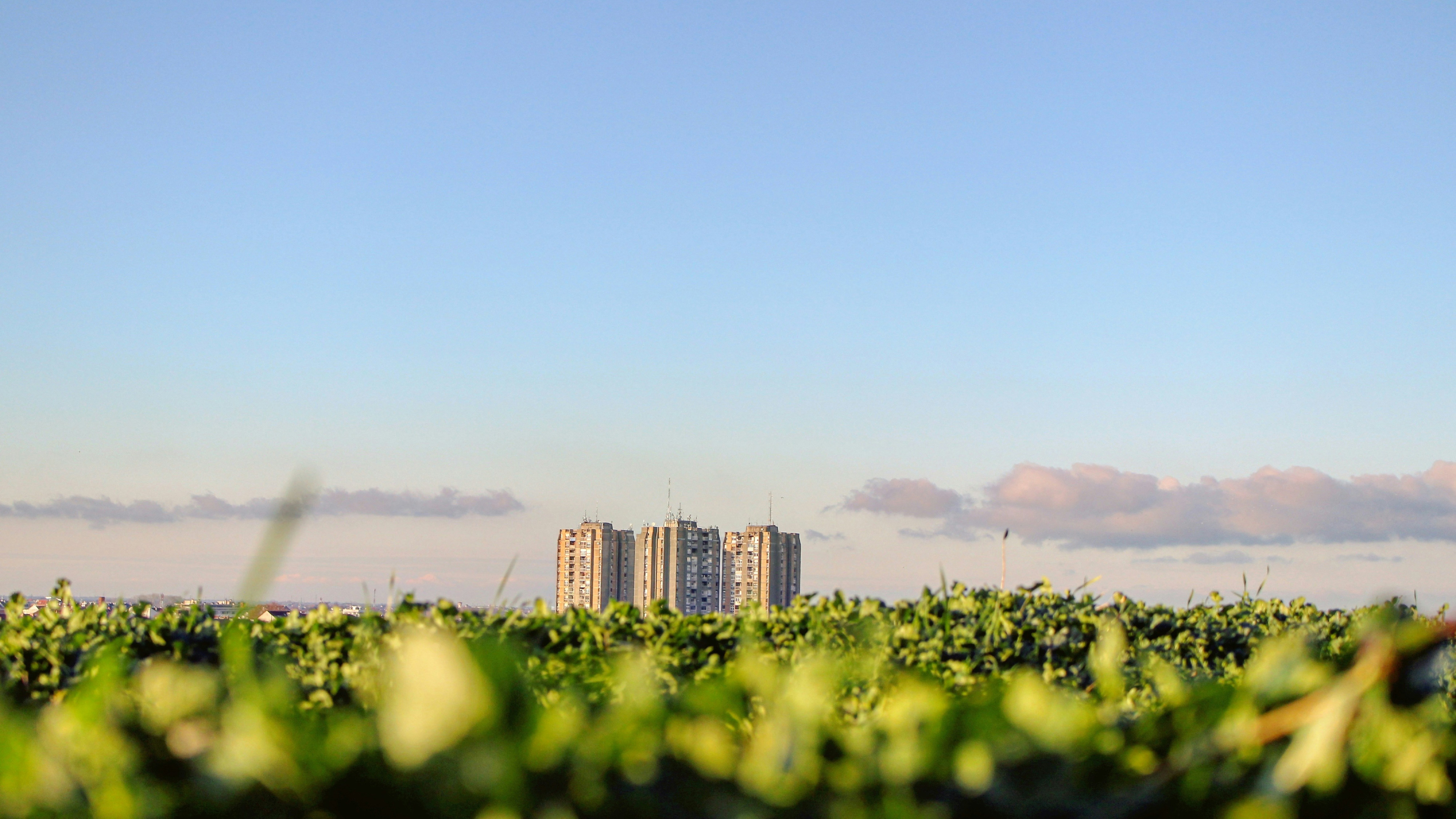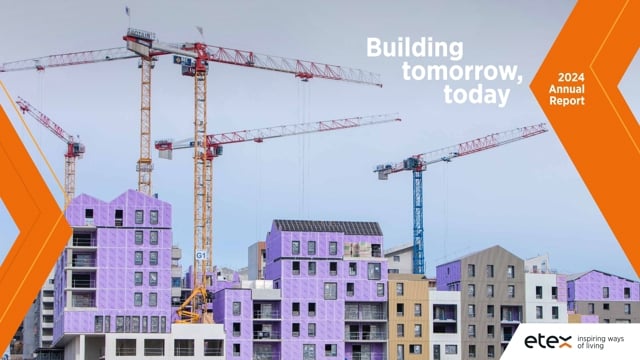
6/16/2025
Why Indoor Air Renewal Matters - And How URSA AIR Leads the Way
In a world where homes are becoming increasingly airtight in order to be energy efficient, indoor air quality has become crucial to our health and well-being. The implementation of air renewal systems is essential to ensure a constant exchange of polluted air for fresh air, significantly improving the atmosphere in our enclosed spaces.




